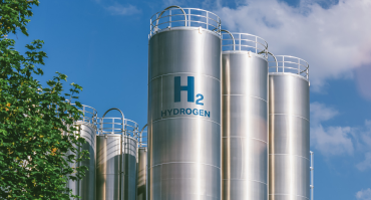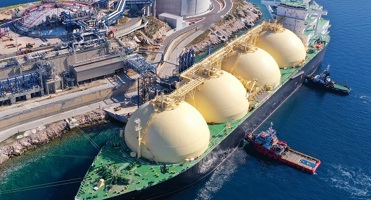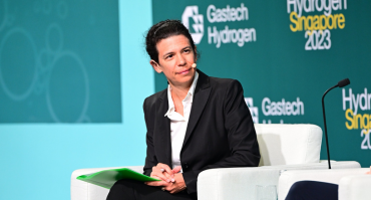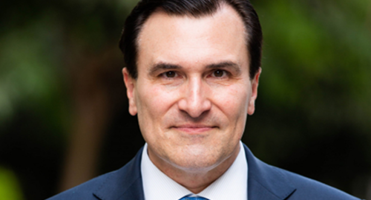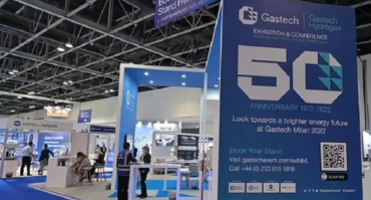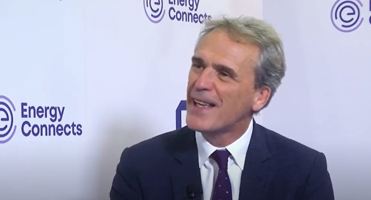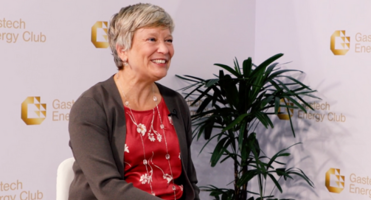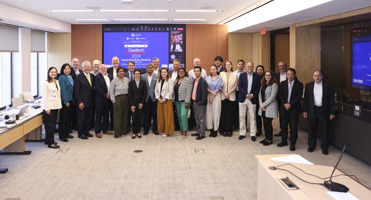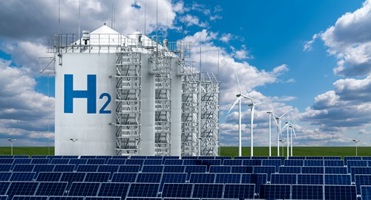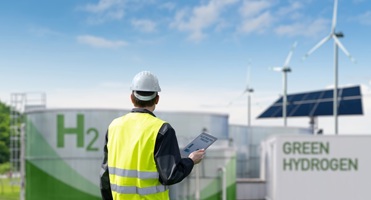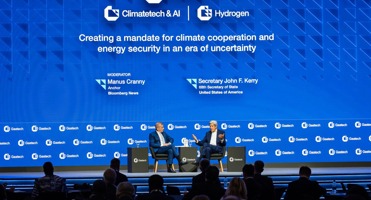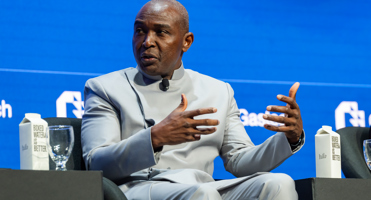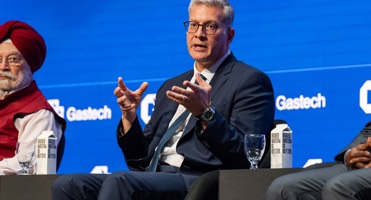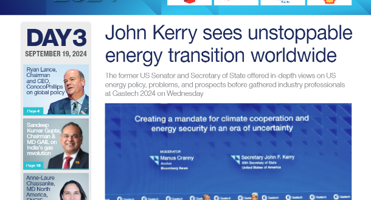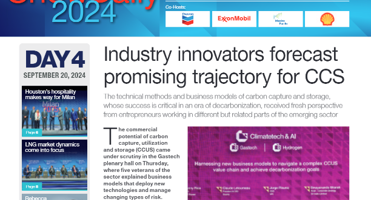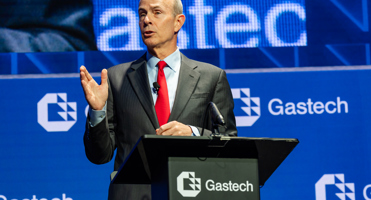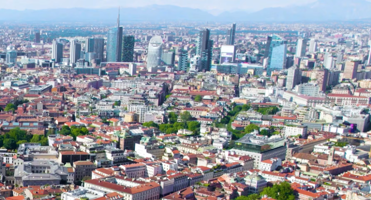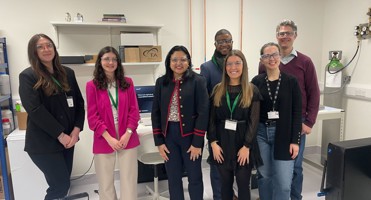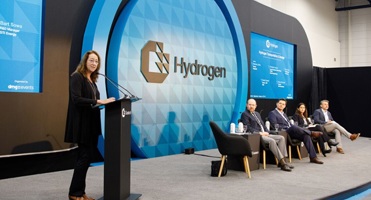MILAN – At the second day of Gastech 2022, questions of tackling climate change, securing low-carbon energy supplies and achieving a just energy transition dominated discussions among senior ministers and global business leaders.
The day began with a set of critical discussions on how governments can unlock the full potential of the Eastern Mediterranean gas basin. Ministers and high-level government representatives from the US, Greece, Cyprus, Egypt, the head of the Eastern Mediterranean Gas Forum, and the COO of Eni, highlighted the rapidly evolving supply and demand scenario for Mediterranean producers.
Across the panel, it was recognised that the Eastern Mediterranean can make a crucial contribution to meeting not only Europe’s low-carbon energy needs, but also the demands of the global market.
Laura Lochman, Deputy Assistant Secretary, Bureau of Energy Resources, US Department of State, summarised the view of the panel when she noted that: “The beauty of this region is that it can help provide us with optionality, not only in terms of providing additional options for gas for the European region, but also in the development of renewable energy. The Eastern Mediterranean is turning out to be quite the hub for both.”
Renewable energy was also the focus of a major panel later in the morning between innovators and investors in the hydrogen space. Leaders from Eurogas, Saipem, Maire Tecnimont, Baker Hughes, and Air Products discussed what the industry is doing to create a sustainable hydrogen ecosystem.
Throughout the panel, speakers discussed the scale of momentum behind the technology, and the impact that a more favourable regulatory environment would have on the development of the technology.
Didier Holleaux, President, Eurogas, Executive Vice President, ENGIE, emphasised that the industry should be more creative when it thinks about hydrogen, telling the audience: “We need to see hydrogen as a commodity that will be internationally traded, and this will require a common understanding of what can be traded and what information will be needed. Forget about the colour, just think about the CO2 content. In the future, the customer will want to know everything about the origin and nature of their hydrogen.”
Meanwhile, Dr Samir Serhan, COO, Air Products noted that:
“Hydrogen is not a new area. There is no doubt that we all need to invest in it to make it more competitive and efficient, but it’s not a new frontier. Recently some people have expected the industry to switch everything to green hydrogen, but it’s not yet realistic at scale. That’s why we are investing across the whole rainbow of hydrogen colours. However, there are many incentives for the production of low-carbon hydrogen, and that will give it that extra push to put it at the forefront of supply.”
The role of the sector in the global energy transition was also the central focus of one of the highlights of the day, a keynote speech from Christiana Figueres, former Executive Secretary of the United Nations Framework Convention on Climate Change (UNFCCC) and one of the architects of the Paris Climate Agreement.
In a rousing speech, Figueres challenged the energy industry to play a leading role in achieving global climate goals, and deliver concerted action on reducing emissions for the benefit of societies across the globe. Addressing the audience, Figueres told attendees:
“The oil and gas industry stands at the most crucial crossroads of its history. Today, corporations understand it is no longer enough to eliminate their negative impact, they must be regenerative – the energy industry is no exception. Social and economic regeneration are the very founding principles that propelled this industry’s growth 100 years ago. The energy sector does not need to move away from that foundation, it can stay true to its roots. Every company and every individual in that company must decide how they are going to embark on the energy transition.”
The day concluded with a fascinating discussion on how to achieve a just transition for the world’s developing nations. The session saw key contributions from high-level energy ministers from India, Ghana, Kenya, Senegal, Zimbabwe, Kyrgyz Republic, and Djibouti who explored the role of natural gas and LNG in helping low- and middle-income nations to sustain and drive growth, while advancing global climate targets through the phasing down of carbon-intensive fuels.
The panellists highlighted the impact of the increasingly young and urbanised societies of Africa and Asia, and how this growing demand for energy complicated their participation in the global energy transition. A major topic of discussion was the clear role that natural gas has to play in producing a cleaner, more accessible energy mix, and supercharging sustainable growth prospects.
India’s Shri Hardeep Singh Puri, Minister of Petroleum and Natural Gas & Housing and Urban Affairs, told the audience that:
“We will go into the next COP acutely conscious of what the state of play is. For us, energy is essentially about availability, security and affordability. Our consumption of energy is one third of the global average but it will equal and then surpass it. We want to do this in as green a manner as possible. Gas is a bridge fuel, if you have it, why don’t you use it? That’s why we are taking it in our energy mix from 6% to 15% in 2030.”
Meanwhile, the vastly different circumstances for developing African nations was addressed by Ghana’s Honourable Matthew Opoku Prempe, Minister of Energy, who noted that:
“Ghana has identified that gas is an essential fuel for both economic growth and social growth. The key issue is affordability, as Africans suffer from the high price of energy. We want further investment in gas, but it must be investment that leads to the affordability of energy for Africans. If we can make gas available to the people, make it affordable and available, then Africa can play a part in the community of nations in the energy transition.”
Alongside the day’s strategic sessions, attendees also enjoyed the enormous range of activities across Gastech's exhibition, with thousands of industry professionals continuing to explore the innovations of over 750+ exhibiting companies.








